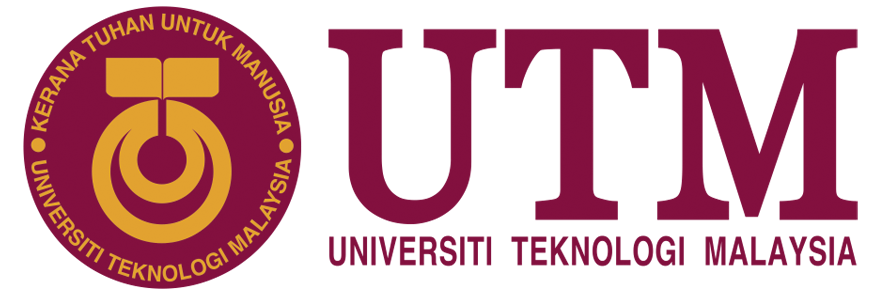Belief and practices of assessment and evaluation
My T&L assessment and evaluation processes are systematic, technologically based, and adaptable. I feel that student should be examined once they have grasped the topic’s concept. I also feel that students’ evaluations are influenced by their level of study, whether undergraduate or postgraduate, senior (3rd and 4th years) or junior students (1st and 2nd years). Senior students can be assessed at high levels of T&L such as analysis, creativity, and evaluation.
The quiz in Bioorganic Chemistry was administered following the lectures and after the tutorial discussion in class. The quiz was graded at a specific time, and the best approach to answer the question was reviewed in class. As a result, students will have a better understanding of the material and will be better prepared for the following assessment activities, such as the test and final exam. After I clarified and discussed the fundamentals of organic chemistry, the general abilities, namely communication skills, are examined and evaluated in the form of an assignment in this topic. This topic includes formative evaluations such as quizzes, examinations, and assignments, as well as summative assessments such as the final exam. These assessments are also dependent on the Course Information and Constructive Alignment that were created early in the semester. The evaluation of generic abilities was based on assessment rubrics appropriate for the themes, such as the presentation and writing report rubric. I feel that systematic exams for technical and generic skills might help students enhance not only their comprehension of the core idea, but also their general abilities, which are important for their future.
UKQF 2082 is a cocurriculum subject that is not like a regular subject. The assessment consisted of community service tasks. There are three assignments: 1) individual – community programme portfolio, 2) group – community programme portfolio, and 3) service learning. The major assessment of this topic is assignment 3, which involves service learning. Students from varied backgrounds formed a group to organise the curriculum in this topic. As a result, the assessments included an examination of the students’ abilities in leadership, teamwork, flexibility, and ethics. These assessments are extremely beneficial to students’ futures, where they will be able to mix with the community and have an effect on society. They will consider their contributions to the society. Furthermore, they have prior expertise managing community-related programmes that is beneficial when they are at work in the future.

